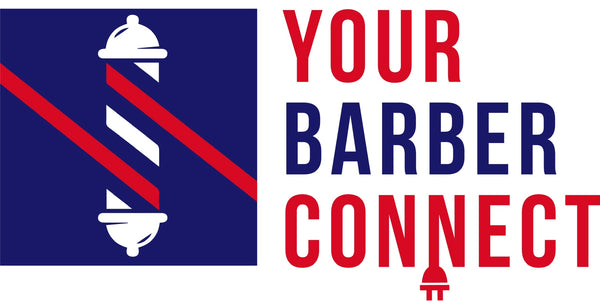
Smart Receipt Management: Boosting Your Barbershop's Financial Health
Share

In the barbershop business, keeping a tight rein on finances is as crucial as delivering excellent haircuts. One of the foundations of sound financial management is the diligent tracking and organizing of receipts. This blog explores the importance of keeping receipts for various expenses and how it benefits your barbershop, ensuring you stay on top of your finances and maximize potential tax benefits.
Why Keep Receipts?
Receipts are more than just pieces of paper; they are a record of your business transactions and are crucial for several reasons:
- Tax Deductions: Proper documentation helps you claim relevant business expense deductions, reducing your taxable income and thereby lowering your tax liability.
- Financial Oversight: Regularly reviewing your receipts can help you monitor your spending and manage your budget more effectively.
- Audit Protection: In case of an IRS audit, having organized and accessible receipts can substantiate your expense claims, making the process smoother and faster.
- Expense Tracking: Keeping receipts helps in categorizing expenses, which is essential for analyzing business performance and planning future expenditures.
Key Expenses to Track
To maintain comprehensive financial records, barbers should meticulously keep receipts for the following expenses:
- Booth Rent: Proof of payments for the space you rent in a barbershop.
- Website Expenses: All costs related to your digital presence, including domain registration, hosting fees, and maintenance.
- Booking Service Fees: Payments to services that help manage your appointment scheduling.
- Equipment Purchases: Receipts for any tools or equipment purchased, which are essential for providing services.
- Supplies: Ongoing costs for items like shampoos, conditioners, dyes, towels, and other consumables.
- Utilities: If applicable, the costs associated with utilities at your booth or shop space.
- Marketing and Advertising: Expenses incurred on promotions, whether digital or print.
- Education and Training: Costs related to courses or workshops aimed at enhancing your skills or those of your employees.
Best Practices for Managing Receipts
To effectively manage your receipts, consider the following practices:
- Digital Management: Use apps or software specifically designed for small businesses to digitally store and organize your receipts. This can simplify searches and ensure backups in case of physical receipts being lost.
- Regular Review: Set a routine, perhaps weekly or monthly, to organize and file receipts. This habit prevents the buildup of paperwork and helps in keeping tabs on financial commitments.
- Consult Professionals: Regularly touch base with a financial advisor or accountant who can provide guidance on what expenses can be deducted and how best to document them.
Efficient receipt management is key to financial health in the barbershop industry. By keeping an accurate and organized record of all financial transactions, barbers can not only ensure compliance with tax regulations but also gain valuable insights into their business operations, paving the way for informed decision-making and sustainable growth.
